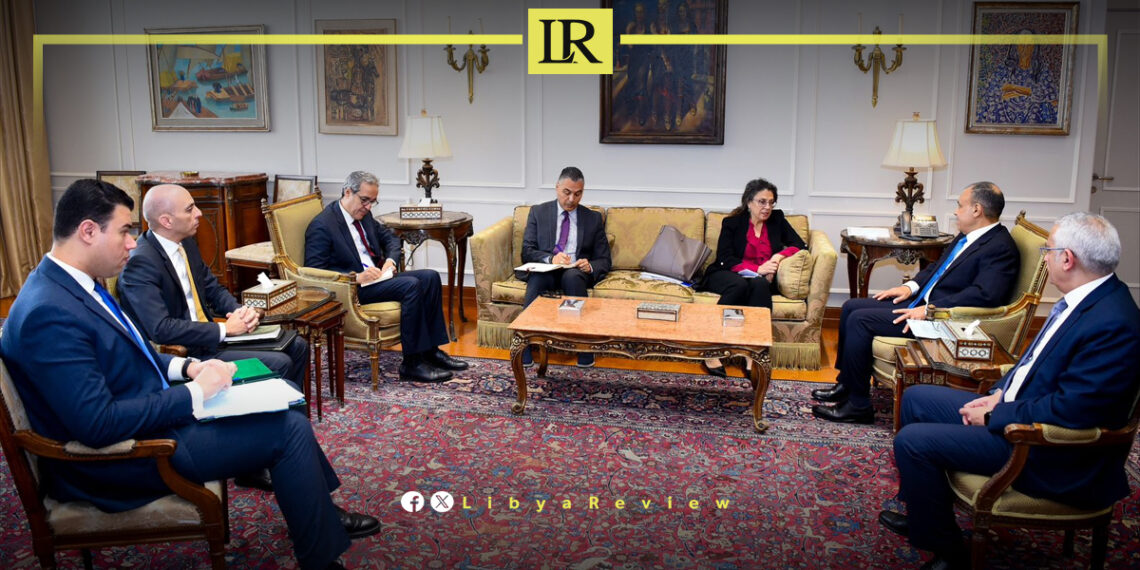On Thursday, Stephanie Khoury, the Acting United Nations Envoy to Libya, held a productive meeting with Egyptian Foreign Minister Badr Abdelatty in Cairo, focusing on advancing a comprehensive plan for peace and stability in Libya. The discussions highlighted the urgency of moving forward with national elections and unifying the country’s fragmented institutions.
In a statement following the meeting, Khoury emphasized the importance of a Libyan-led and Libyan-owned political process, noting that both parties agreed on the need to build consensus among Libyan factions. She reiterated that holding national elections and strengthening Libya’s institutional, economic, and security stability are essential steps toward lasting peace.
Khoury also expressed gratitude for Egypt’s support of the United Nations’ efforts to achieve sustainable peace in Libya. She praised Egypt’s active involvement in fostering dialogue and promoting a political settlement that respects Libya’s sovereignty and addresses the aspirations of its people.
The Libyan crisis has persisted since 2011, with the country divided between rival administrations in the east and west. Key challenges include the fragmentation of state institutions, repeated delays in national elections, and the presence of foreign interference. These issues have prolonged instability, impeding progress toward a unified and functioning state.
Egypt has played a pivotal role in mediating the Libyan conflict. As a neighboring country, Cairo’s security is directly tied to Libya’s stability, given the risks of cross-border threats such as terrorism and arms smuggling. Egypt has hosted multiple rounds of Libyan dialogue and has consistently called for the unification of Libya’s institutions, the withdrawal of foreign forces, and the creation of a clear roadmap for elections.
The international community, led by the United Nations, continues to support these efforts, emphasizing the importance of collaboration with regional powers like Egypt. As the process unfolds, achieving unity and elections remains the cornerstone of restoring Libya’s stability and advancing its recovery.


